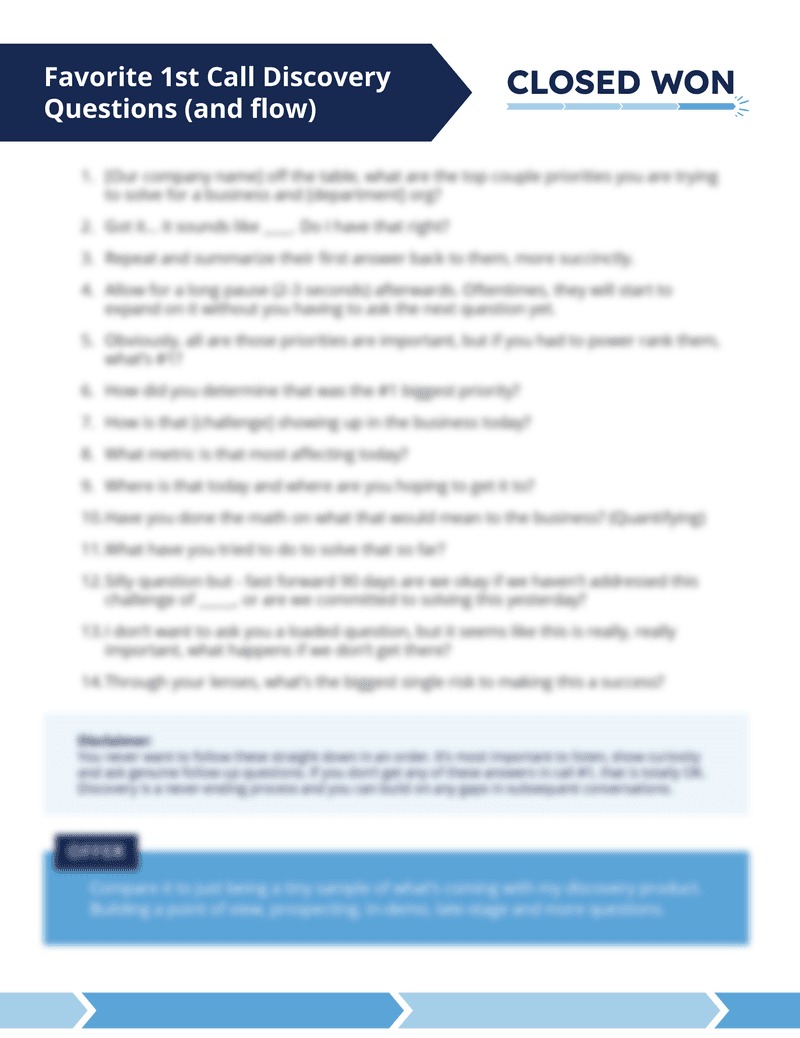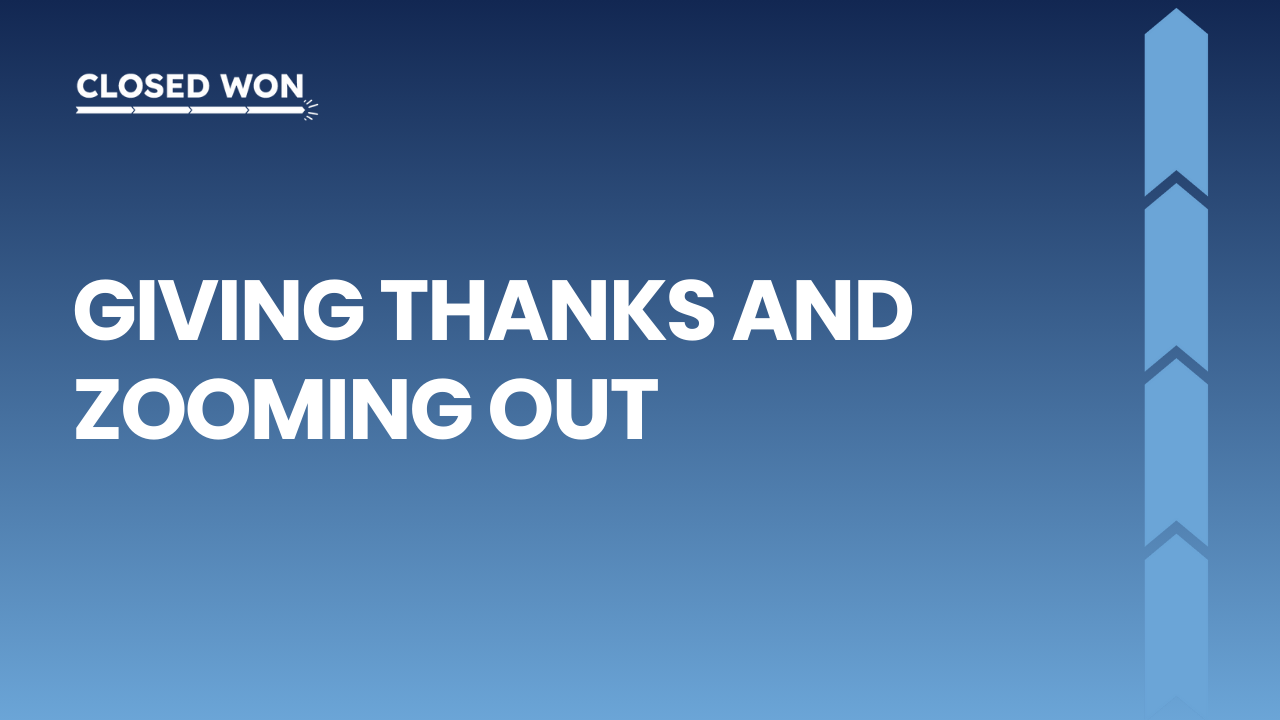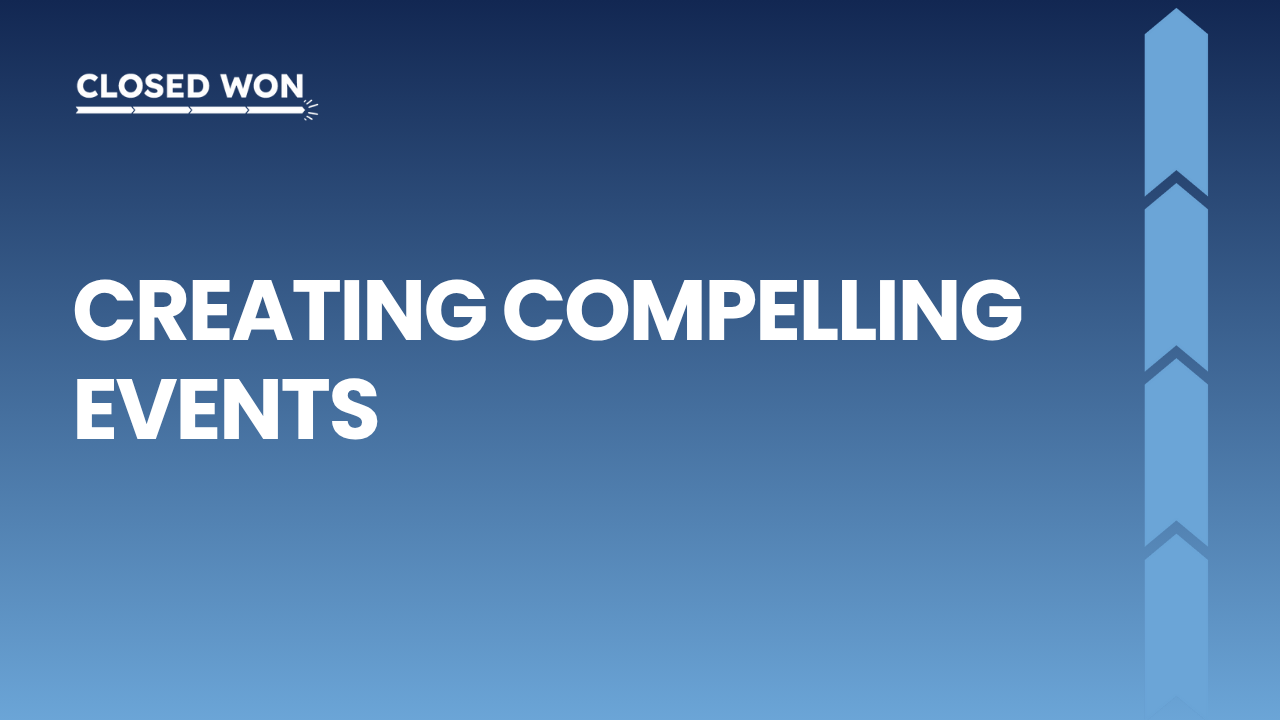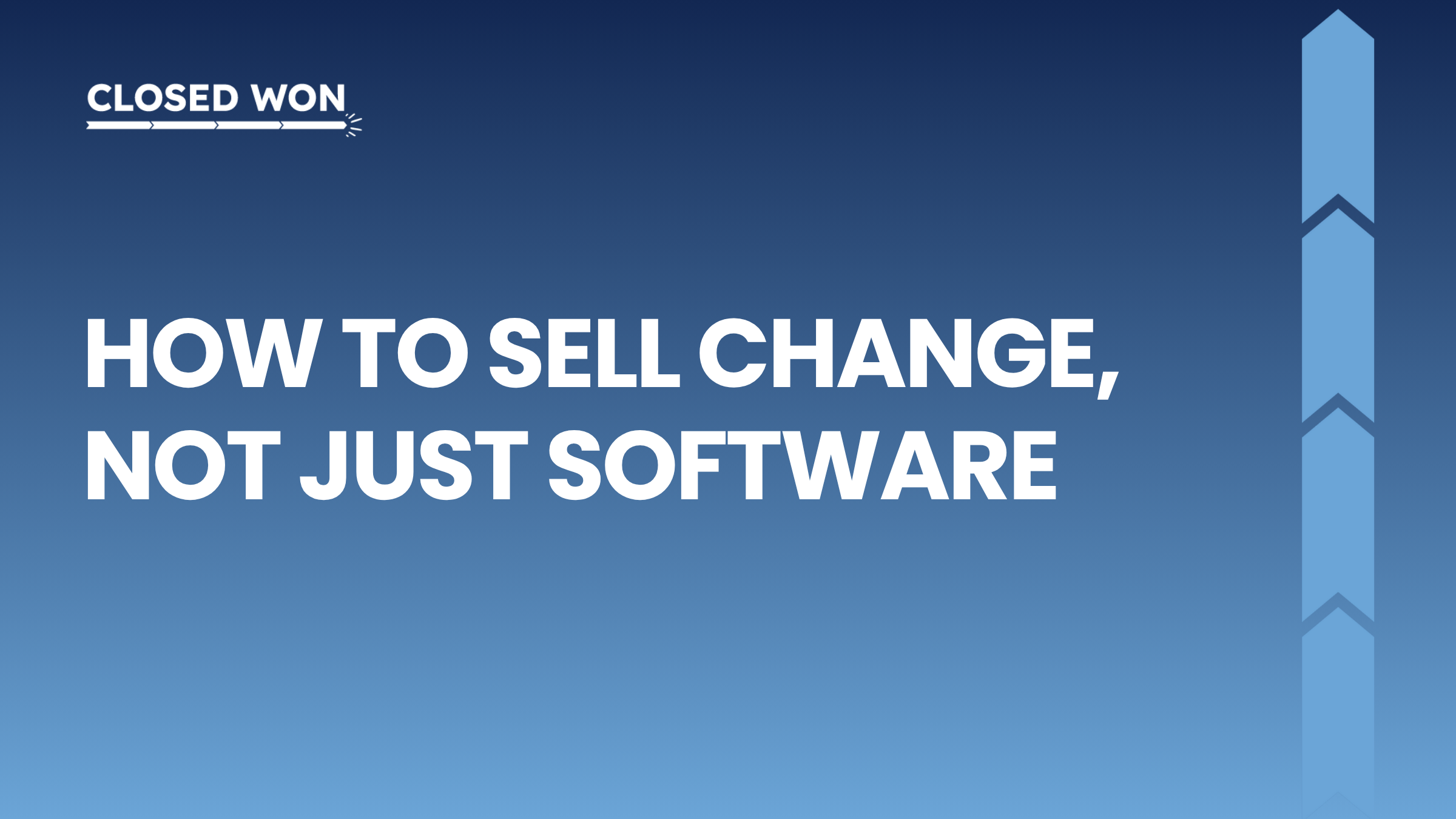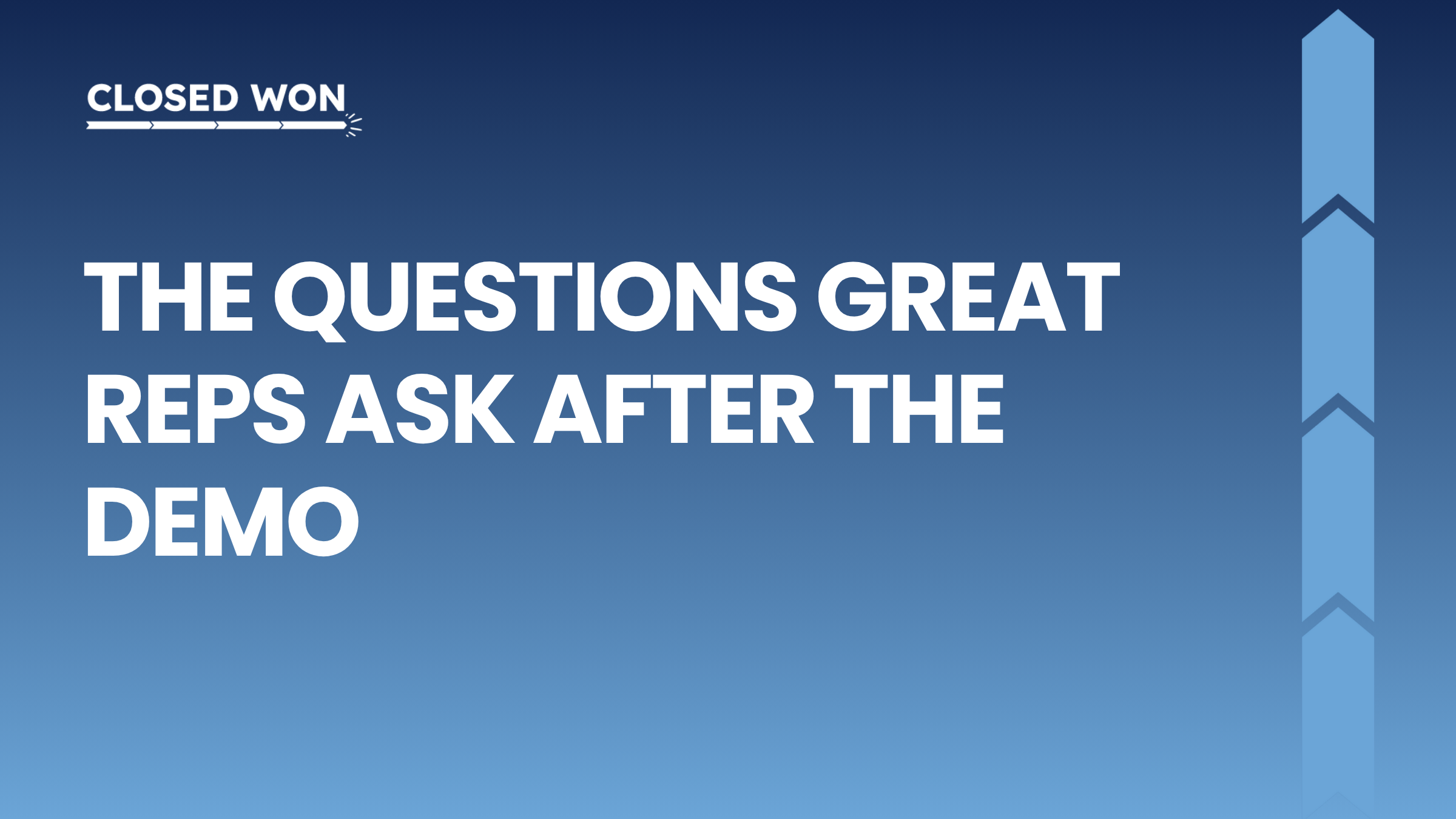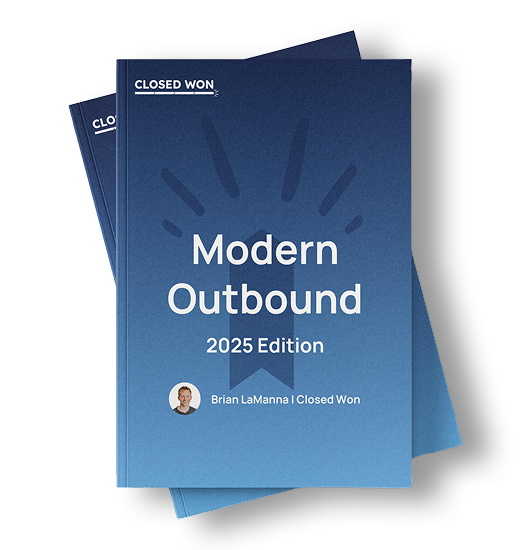AI Video has fully arrived.
NEWS TO KNOW
Open AI’s Sora 2 launched and it’s scary good. Or just scary.
It hit 1 million downloads in under 5 days.
Spot a Sora fake while it’s still possible..
118 pages. No Fluff.
📚 – Stop saying “congrats on the funding” … try this
BEST FROM LAST WEEK
📝 – Fire Opener for an Outbound Sourced Opp
💸 – How to Run Pipeline Reviews with Your Sales Team
📚 – Gong’s Celebrate Virtual on 10/21
UPCOMING (EVENTS, WEBINARS)
📝 – Live Webinar: Deal Closing Plays – Brian LaManna with Rory Sadler on 10/29
Guide to Reviving Dead Deals (Without Being Desperate)
Here’s the thing about closed-lost deals: most reps treat them like actual corpses.
They bury them, move on, and never look back.
But smart reps?
They know these “dead” deals are often just sleeping. Or taking a nap perhaps?
The problem is, most re-engagement attempts sound like this:
“Hey, just following up to see if anything has changed!”
Translation: “Please buy something so I can hit my number.”
Here’s how to actually resurrect closed-lost opportunities with intelligence, not desperation.
The Gong Method
Your best weapon isn’t a new pitch deck. It’s your conversation intelligence platform.
Here’s the step-by-step breakdown:
Step 1: Account Archaeology
- Search for the target account in Gong (or a similar CI solution)
- Pull up their complete conversation history (not just your own calls)
- Look for patterns across multiple touchpoints
Step 2: “Ask Anything” with this exact prompt:
“I’m writing a re-engagement email. From all conversations with [Company Name], summarize their top 3 pain points, what they were trying to achieve, why the timing didn’t work, and any specific concerns they mentioned about our solution.”
Step 3: Context Mining Look beyond just the final “no.”
Dig for:
- What got them excited initially?
- What specific outcomes they were hoping for
- Who else was involved in the decision
- What their alternatives were
- Timeline constraints they mentioned

The Re-Engagement Framework
Hey [Name],
Been thinking about our conversation from [specific date/context] with [previous rep name]. I know the timing wasn’t right back then, but remember you mentioning [specific detail that shows you listened].
Since then, I’ve been tracking how we’ve helped similar companies tackle:
– [Pain point #1 with specific outcome]
– [Pain point #2 with specific outcome]
– [Pain point #3 with specific outcome]
Open to a short catch up? Would love to share what’s new on our side as well.
[Your name]
Advanced Tactics
The Industry Intel Approach:
Reference something happening in their industry that makes your solution more relevant now. “Saw the new compliance requirements hitting fintech companies. Remember you mentioning concerns about audit trails…”
The Team Change Strategy:
Perfect for when there’s been personnel changes. “Know there have been some changes on your team since we last spoke. Curious how the new VP of Ops is thinking about the AI initiatives you guys were exploring…”
The Feature Evolution Play:
“Remember you mentioned our reporting wasn’t quite robust enough for your CFO’s needs? We’ve actually rolled out some new executive dashboards that might change that equation…”

Timing Your Resurrection
Don’t wait forever, but don’t rush it either:
- 3-6 months for budget/timing issues
- 6-12 months for “not a priority right now”
- 12+ months for major organizational changes
Trigger events to watch for:
- New leadership announcements
- Funding news
- Industry changes or new regulations
- Competitor moves
- Company growth milestones
What Not to Do
The Desperation Signals:
- “Just checking in again!”
- “Any updates on your end?”
- Leading with discounts or special pricing
- Sending the same generic email you send to cold prospects
- Forgetting to mention the previous relationship
The Context Crimes:
- Acting like previous conversations never happened
- Pitching features they already said they didn’t need
- Ignoring the specific reasons they didn’t move forward
Making It Systematic
Monthly Closed-Lost Review:
- Pull closed-lost deals from 3-6 months ago
- Identify the top 5-10 most promising accounts
- Research trigger events for each
- Craft personalized re-engagement sequences
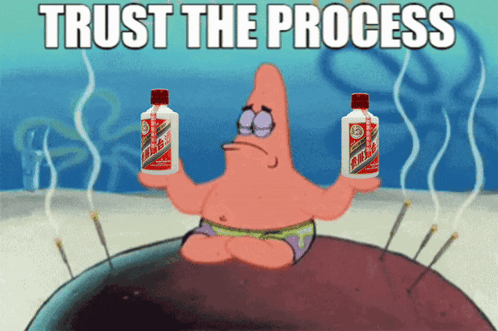
The key is showing you remember them as humans with specific challenges, not just names in your CRM.
When you reference exact pain points from months-old conversations, you’re not just another vendor.
You’re the rep who actually listened.
And here’s the beautiful part: even if they still say no, you’ve positioned yourself as the thoughtful, prepared rep they’ll think of when things change.
Because they always do.
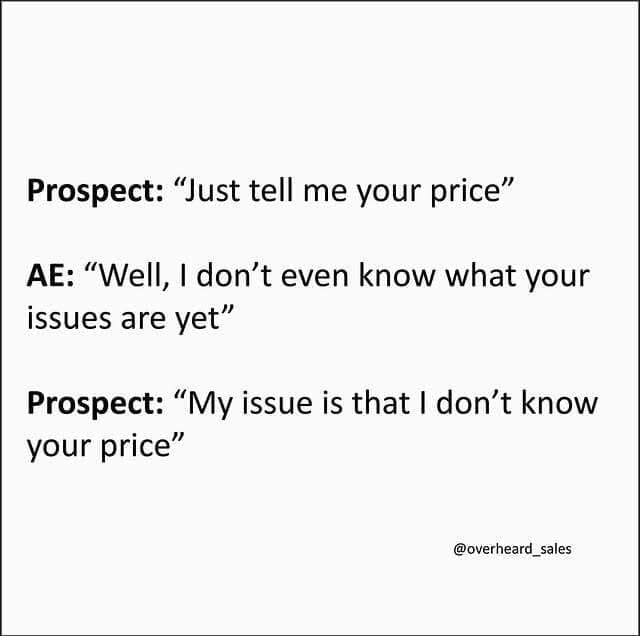
Win the week!!!




